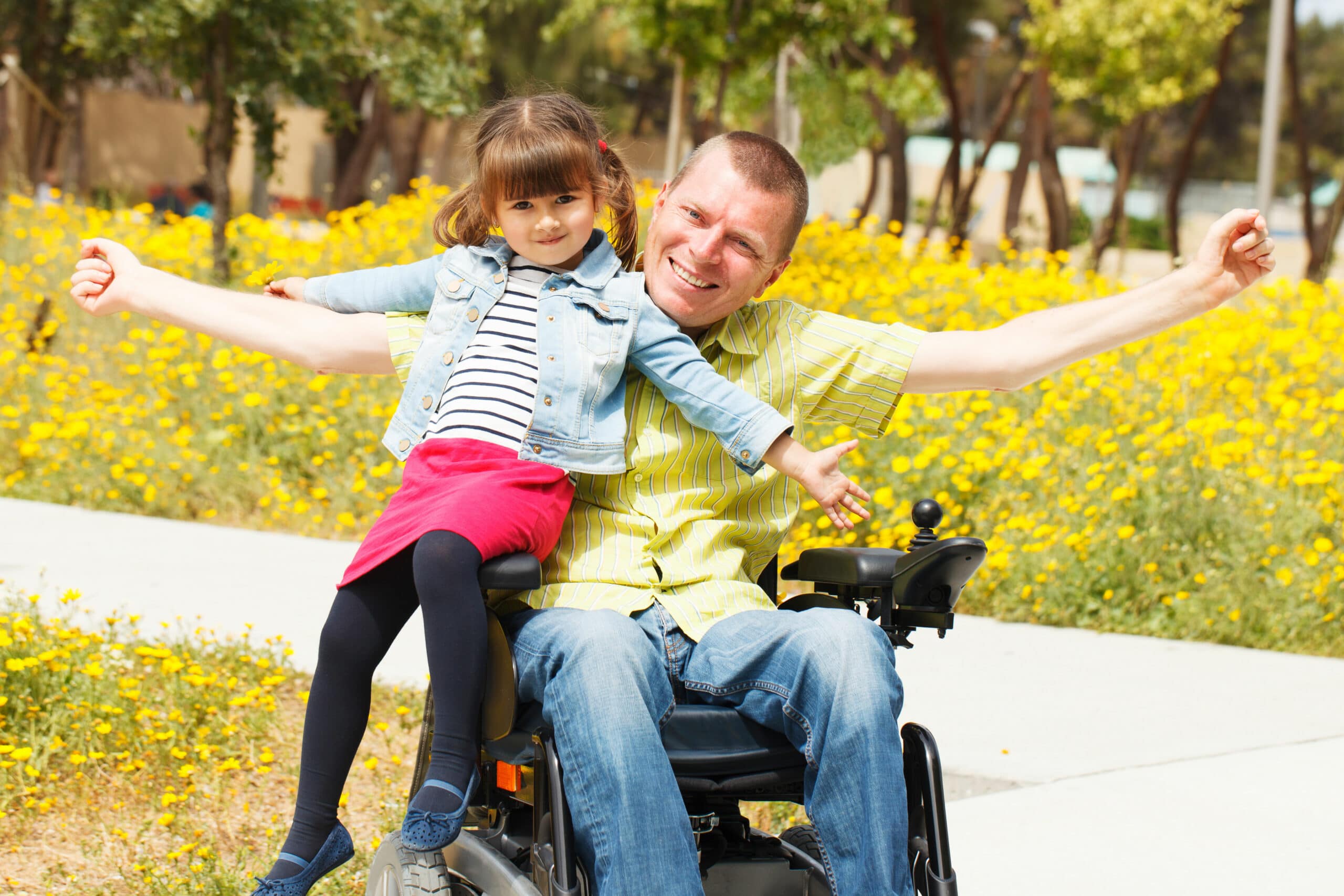This year, Mother’s Day falls on May 8, while Father’s Day will be celebrated several weeks later on June 19. In today’s blog post, we’ll be highlighting the unique challenges confronting the approximately 4.1 million parents with disabilities in the United States.
These days, women with disabilities are becoming pregnant at approximately the same rates as non-disabled women. Yet, disabled moms (and dads) face obstacles that other parents do not. In particular, many parents with disabilities face discrimination because of their disabilities.
Unfortunately, such discrimination is nothing new. Though the right to parent is protected under the United States Constitution, the Americans with Disabilities Act, and Section 504 of the Rehabilitation Act of 1973, discrimination against disabled parents remains a significant problem. Parents with disabilities are routinely mistreated by the child welfare system, the medical establishment, the foster care and adoption system, and the legal system. According to the Christopher & Dana Reeve Foundation, as recently as 2016, “thirty-five states include disability as grounds for termination of parental rights.”
More specifically, a 2012 report by the National Council on Disability (NCD) revealed the following:
“Removal rates where parents have a psychiatric disability have been found to be as high as 70 percent to 80 percent; where the parent has an intellectual disability, 40 percent to 80 percent. In families where the parental disability is physical, 13 percent have reported discriminatory treatment in custody cases. Parents who are deaf or blind report extremely high rates of child removal and loss of parental rights. Parents with disabilities are more likely to lose custody of their children after divorce, have more difficulty in accessing reproductive health care, and face significant barriers to adopting children.”
The Reeves Foundation encourages disabled parents to know their rights. Along with the NCD, the Foundation created the Parents with Disabilities Toolkit to do just that. The toolkit includes information about adoption, family law, the child welfare system, child custody and more.
Another good source of information and guidance for disabled parents is the National Research Center for Parents with Disabilities of Brandeis University (NRCPD). The center “conducts research and provides training and technical assistance to improve the lives of parents with disabilities and their families. A recent study by NRCPD sought to find out how mothers with disabilities adapted their childcare to meet their own needs and the needs of their children. The study found that disabled mothers manage by “finding or modifying accessible baby-care equipment, home modifications and adaptations, accessing support and information, learning how to communicate in ways that ensured both their and their children’s safety, and receiving help from others.”
But the survey also found that more advice, support and information was needed.
“Mainstream parenting books rarely discussed the intersection between disability and parenting. Participants found general-purpose parenting forums similarly wanting; one mother said that she felt unwelcome and that ‘disabled moms were often isolated.’ Even the occupational therapists some participants worked with were not well equipped to help them develop the skills they needed to care for their children.”
Based on the results of the study, NRCPD concluded that disabled moms and the organizations and systems that support them need:
- Increased financial support for adaptive baby-care equipment and home modifications
- More comprehensive training on parenting with a disability for service providers and policymakers
- Stronger peer networks for parents with disabilities
- Expanded publicly funded PCA (personal care assistant) services to cover childcare needs
All parents face challenges. Depending on the nature of their disabilities, disabled parents may face additional challenges compared to their non-disabled peers. As the saying goes, “it takes a village to raise a child.” Parents with disabilities deserve the assistance of knowledgeable, compassionate professionals, the creation and implementation of fair, equitable policies that support their rights as parents; and accessible, inclusive communities that take their needs and the needs of their children into account.


